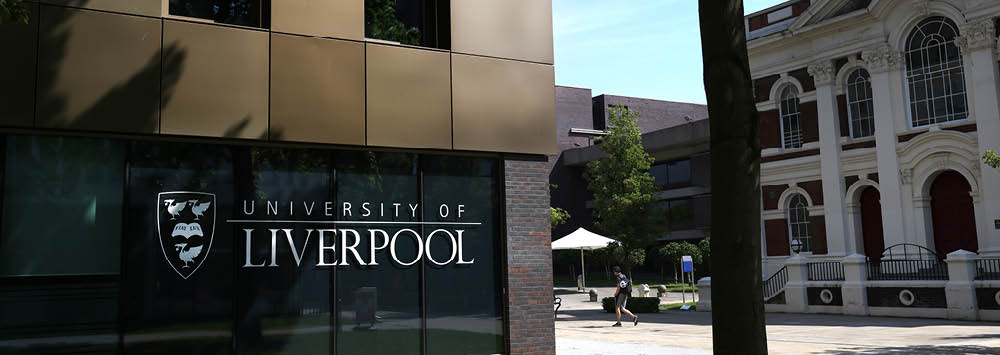Tell us what your research is about
The world is facing a number of global challenges; environmental crises such as climate change and scare resources; poverty and inequality; war and protracted conflicts. My research is concerned with using human rights law as a tool to address some of these challenges. In particular my research focuses on economic, social and cultural rights in the context of conflict and peace and sustainable development.
What or who first inspired you to be interested in your research subject?
I have been interested in tackling injustice since I can remember. I read The Diary of Anne Frank as a child and wondered how such a thing as the Holocaust could happen. I was also influenced by growing up with a family from Northern Ireland and experiencing conflict first hand. I am inspired by Eleanor Roosevelt, Martin Luther King and Nelson Mandela. Later as a student I was lucky enough to have several inspirational lecturers including Dr Morris Bradley and Prof Sigrun Skogly.
What are you most proud of achieving during your research career so far?
It is difficult to single out one particular achievement – research careers take time to build and flourish. I am very proud to have briefed a number of UN human rights bodies and both the Northern Ireland Assembly and the Scottish Parliament on human rights issues. For me it’s important that my research makes a difference to policy and practice. Of course, I am also proud of my first monograph and hopefully will be proud of the forthcoming second book!
What techniques and equipment do you use to conduct your research?
The perception of legal research can be that it is mostly desk-based research and limited to analysis of the law itself, but this is not always the case. In my research I use empirical methods such as interviews and focus groups. Most recently I have been utilising databases such as the PA-X Peace Agreements Database, to create new sets of primary data. I also use software such as Atlas Ti to carry out qualitative text analysis of legal documents, for example the jurisprudence of the UN Committee on Economic, Social and Cultural Rights.
Which other subjects are important for your research?
Although my research is based in international human rights law (and related areas such as international humanitarian law and international criminal law) it also draws upon peace studies, politics and international relations and sociology and often reflects the nexus between these fields. Increasingly as I work more in the domestic arena my research overlaps with public law.
What is the key to running a successful research group?
Building personal relationships and a supportive and positive team is key. However, acknowledging when to show leadership and make decisions if need be is also important. In the work of the group, ensuring a safe environment for discussions is crucial so whilst valuing all interventions and viewpoints it is important to encourage an environment where everyone can critically reflect on the topic. Flexibility in working methods is also important especially if working with people outside of academia Finally be aware of different approaches to research across disciplines. Sometimes we are saying the same thing but using different terms and language.
What impact is your research having outside of academia?
I really enjoy engagement work outside of academia. I work with UN bodies, national governments, NGOs and other civil society organisations. I have been invited to contribute to legal and policy consultations in a number of areas including working with the NGO ESCR-Net to produce a Briefing on Transforming Conflict-Affected Situations For Women, expert briefing the Northern Ireland Assembly Ad Hoc Committee on a Bill of Rights for Northern Ireland and providing expert advise to the UN OHCHR on conflict prevention and human rights; The UN CESCR on Sustaining Peace and the UN Working Group on Discrimination Against Women And Girls on human security and the rights of women and girls in the context of poverty and inequality.
How do you plan to develop your research in the future?
I am currently completing a monograph for CUP on Economic, Social and Cultural Rights and Transformative Peacebuilding. I am also taking up a Glasgow Law Fellowship in October 2023 to undertake further research and develop a funded project on peacebuilding and human rights collaborating with experts on peace-making and development at the University of Glasgow Centre for International Law and Security. I also hope to develop my previous work on the use of ESCRs to tackle poverty within the UK and Ireland.
What advice would you give to someone considering a career in research?
If you like routine don’t do it! No two days are the same in my job. Be prepared for peaks and troughs in your work as often there are very busy periods that require long hours. On the plus side most of the time you have autonomy and so you need to be self-motivated. You also need to be comfortable working alone and in a team. The days where researchers read and hid in their office are gone. Ultimately these days you need to be a good communicator, be willing to travel and engage both internally and externally and of course research, write and publish.
Where can readers learn more about your research?
You can find our more about my research on my profile or get in touch.
Back to: School of Law and Social Justice
